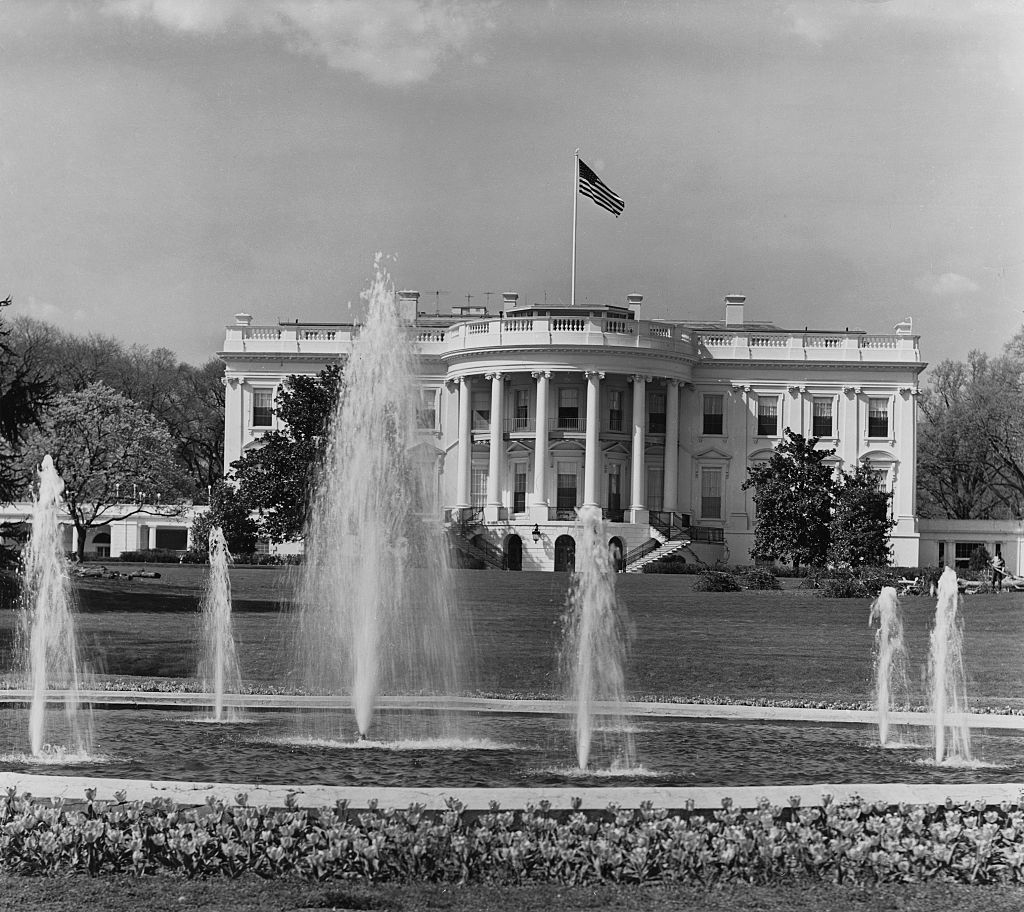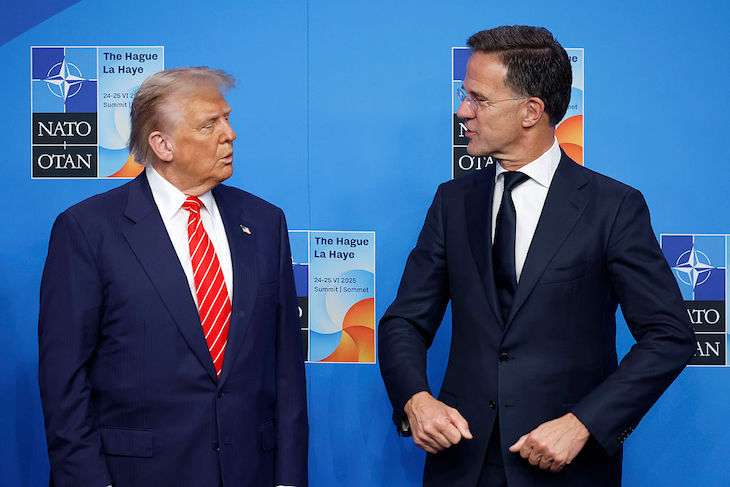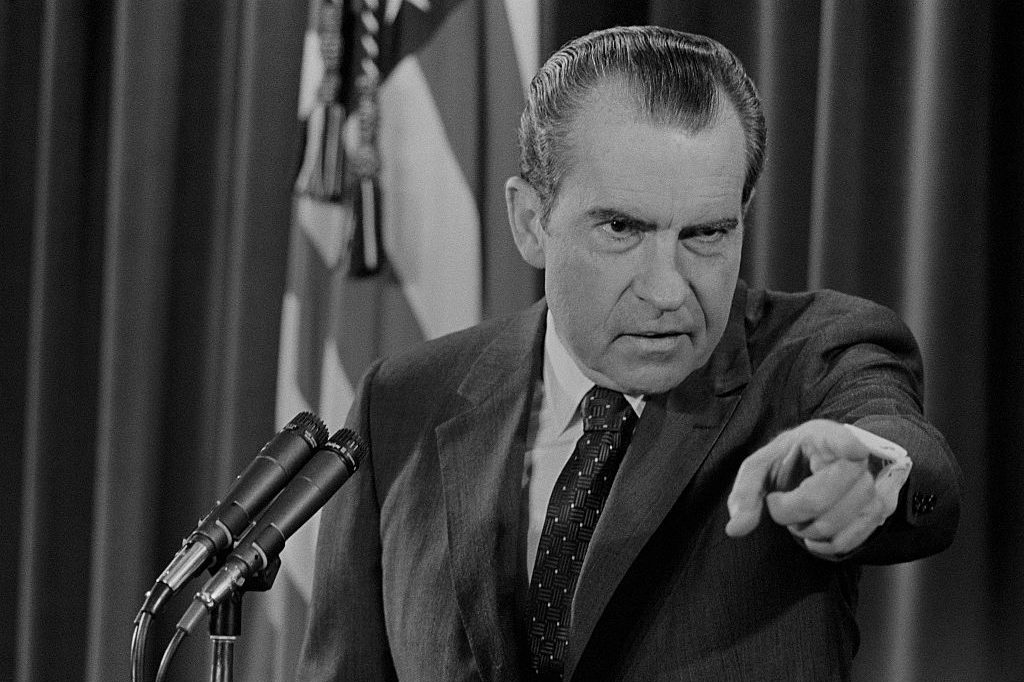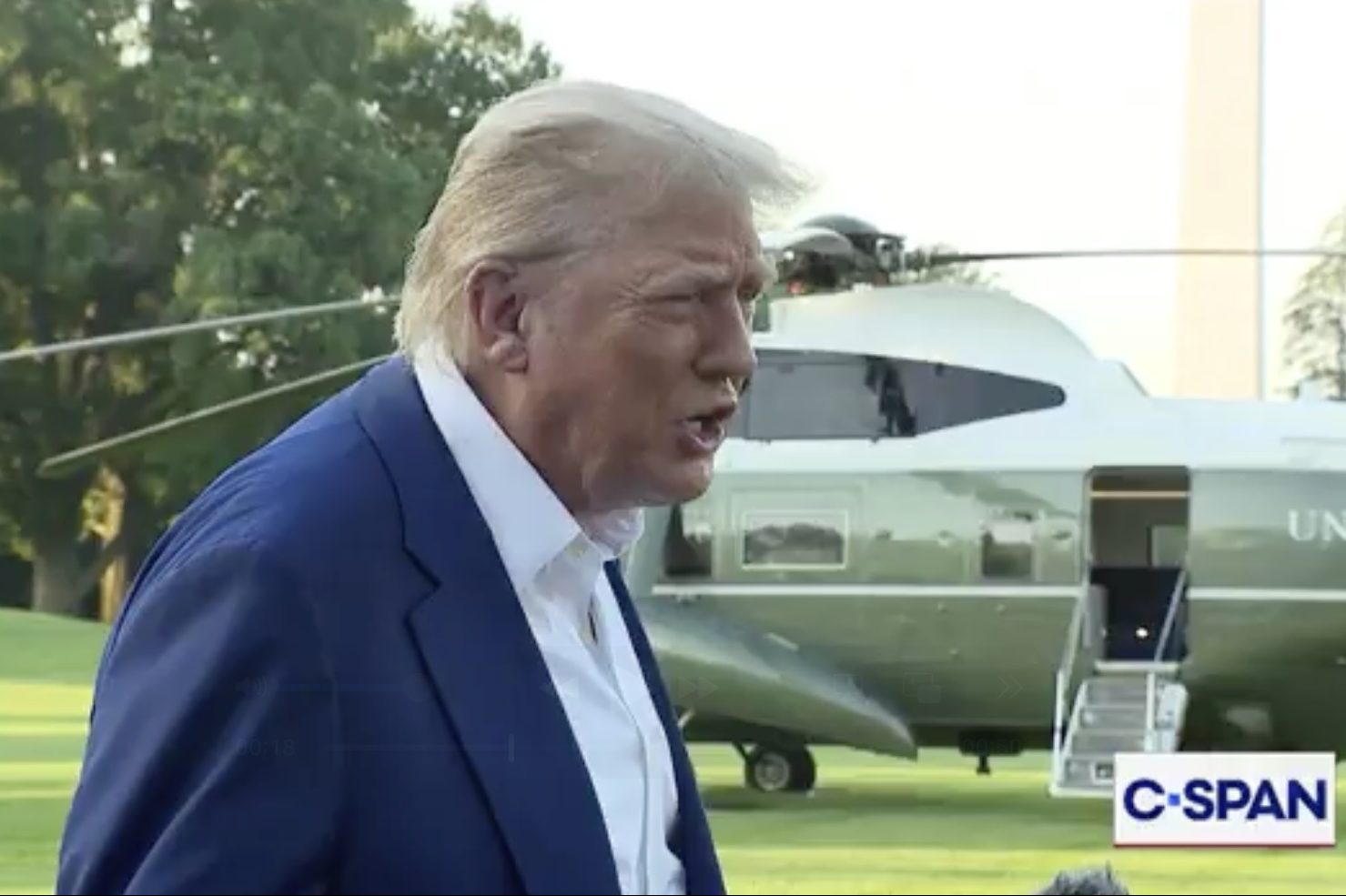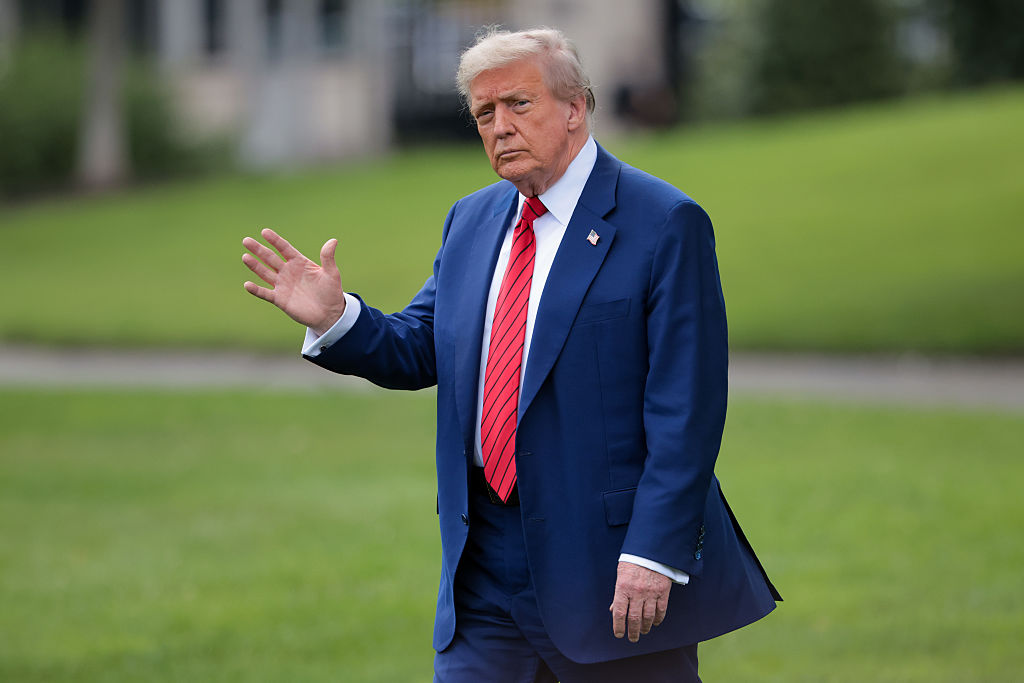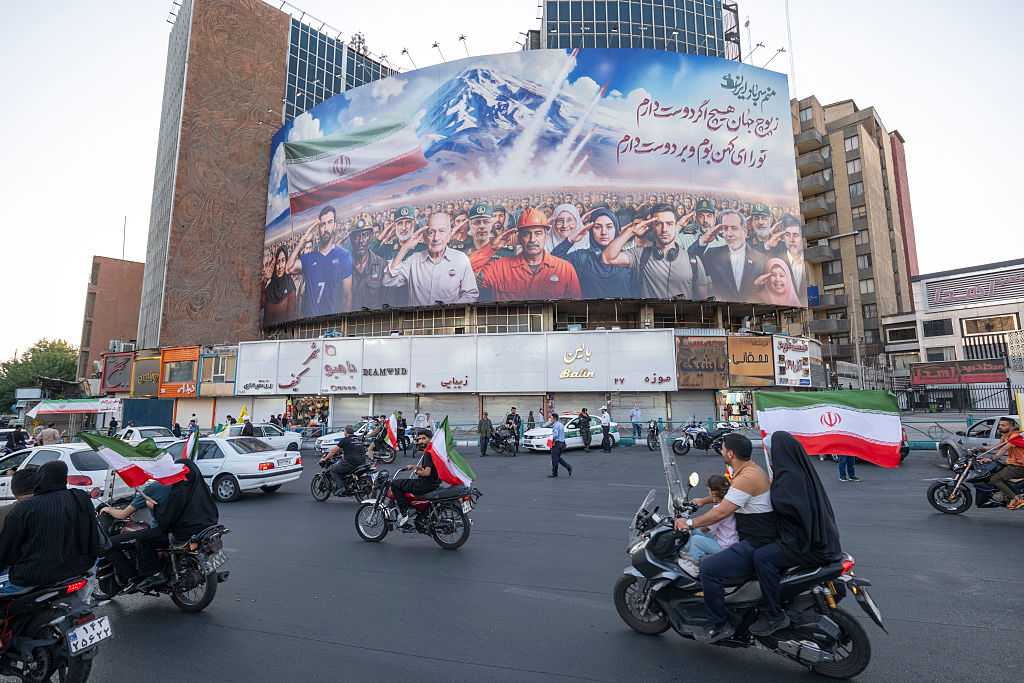The Russian assault on Ukraine has awakened the West to the fact that we may be back in a Cold War — or worse. After a few decades’ respite in which the United States did not find itself in conflict with any nuclear powers, presidents must consider a world in which nuclear-armed Russia and China actively oppose US interests and deliberately test American resolve. This reality will become even more complicated if a hostile Iran gets its hands nuclear weapons too.
The return of Cold War-style geopolitics means the return of Cold War-style statecraft. Presidents will once again face the difficult task of calibrating their actions to advance US goals while avoiding escalation toward possible nuclear confrontation. As always, history can be a guide; Joe Biden should look carefully at how his predecessors handled such challenges in the past.
One of the earliest superpower confrontations took place in Berlin in 1948. The Soviets did not yet have a nuclear weapon — their first successful nuclear detonation was in August 1949 — but they were a formidable power nonetheless. Berlin was divided into a Soviet-controlled zone and Allied-controlled zones. but the city itself was located inside Soviet-controlled territory. On June 24, the Soviets blocked land access to the Allied zones. The United States had already committed itself to maintaining its presence in Berlin: as Gen. Lucius Clay put it, “We are convinced that our remaining in Berlin is essential to our prestige in Germany and in Europe.”
President Harry Truman immediately approved the launch of Operation Vittles, a daunting but successful effort to resupply Berlin by air. It was an enormous logistical challenge — planes were landing at Tempelhof Airport every forty-five seconds — but it convinced the Soviets to end the blockade the next year. This incident revealed a combination of creative policymaking and an ability to execute a challenging mission in pursuit of a strategic objective.
Truman was less effective in the next crisis: the North Korean invasion of South Korea. After his secretary of state, Dean Acheson, pointedly did not include Korea as part of the US “defensive perimeter” in a June 1950 speech, the Soviets gave the North Koreans the green light. The US counterattack succeeded, but Truman allowed Gen. Douglas MacArthur to advance too far, precipitating China’s entry into the war. Truman removed MacArthur in 1951 over the general’s desire to take the conflict into China, but ultimately the war ended in a bloody stalemate.
The generals had to be reined in again a decade later, this time by John F. Kennedy during the Cuban Missile Crisis of 1962. Their reaction to the discovery of Soviet missiles in Cuba was aggressive and risked initiating a nuclear confrontation. (Gen. Maxwell Taylor told Kennedy that the Joint Chiefs of Staff unanimously recommended a surprise bombing attack on Cuba.) Ultimately, Kennedy rejected the advice and engaged in some creative diplomacy of his own. He resolved the issue by responding positively to an overture from Soviet premier Nikita Khrushchev while taking a risk in ignoring a second, more bellicose, message. Korea and Cuba both demonstrate that while presidents should listen to generals about military matters, deferring to them entirely is a dangerous thing to do. The ultimate decision must be the president’s.
In 1979, Jimmy Carter responded to the Soviet intervention in Afghanistan with strong words, calling it “the greatest threat to world peace since World War Two.” There was little Carter could do to stop the Soviets, but he did end his efforts at détente with them and boycotted the 1980 Moscow Olympics. He also started the US effort to arm the Afghan rebels, a policy that his successor Ronald Reagan would continue and expand.
When the Soviets shot down a Korean passenger jet in 1983, Reagan demanded an apology and called the Soviets “monstrous” and “murderous,” but he did not take stronger action. This prompted conservative columnist George F. Will to complain, “We didn’t elect a dictionary. We elected a president and it’s time for him to act.” But Reagan had a larger vision in mind, arguing at a National Security Council meeting that “we’ve got to protect against overreaction. Vengeance isn’t the name of the game.”
Superpower confrontations with China are a different story. Until recently the United States has seen China as a potential partner and tried to act accordingly. When the Chinese government murdered hundreds of protesters in Tiananmen Square in 1989, George H.W. Bush denounced its actions, but he kept the US ambassador in place. He also sent national security advisor Brent Scowcroft to Beijing a month later, where he exchanged toasts with Chinese leaders. Early in George W. Bush’s presidency, a Chinese fighter collided with a US reconnaissance plane, causing it to make an emergency landing in Chinese territory. The administration issued an apology in order to get the crew back, but it was careful to make sure that the apology was signed by the resident ambassador, not a more senior official. Both incidents took place at times when the United States was less sure of Chinese intentions; it seems safe to assume that the response would be more aggressive today.
The world remains a complex and dangerous place, especially when dealing with nuclear-armed nations with interests that conflict with our own. History can help presidents think about how to confront new challenges. And the unavoidable lesson of past superpower confrontations is that no amount of military or geopolitical advice changes the fact that the task of the president is to make difficult decisions and live with the consequences.
Tevi Troy is a senior fellow at the Bipartisan Policy Center and a former senior White House aide. He is the author of four books on the presidency including, most recently, Fight House: Rivalries in the White House from Truman to Trump. This article was originally published in The Spectator’s May 2022 World edition.



